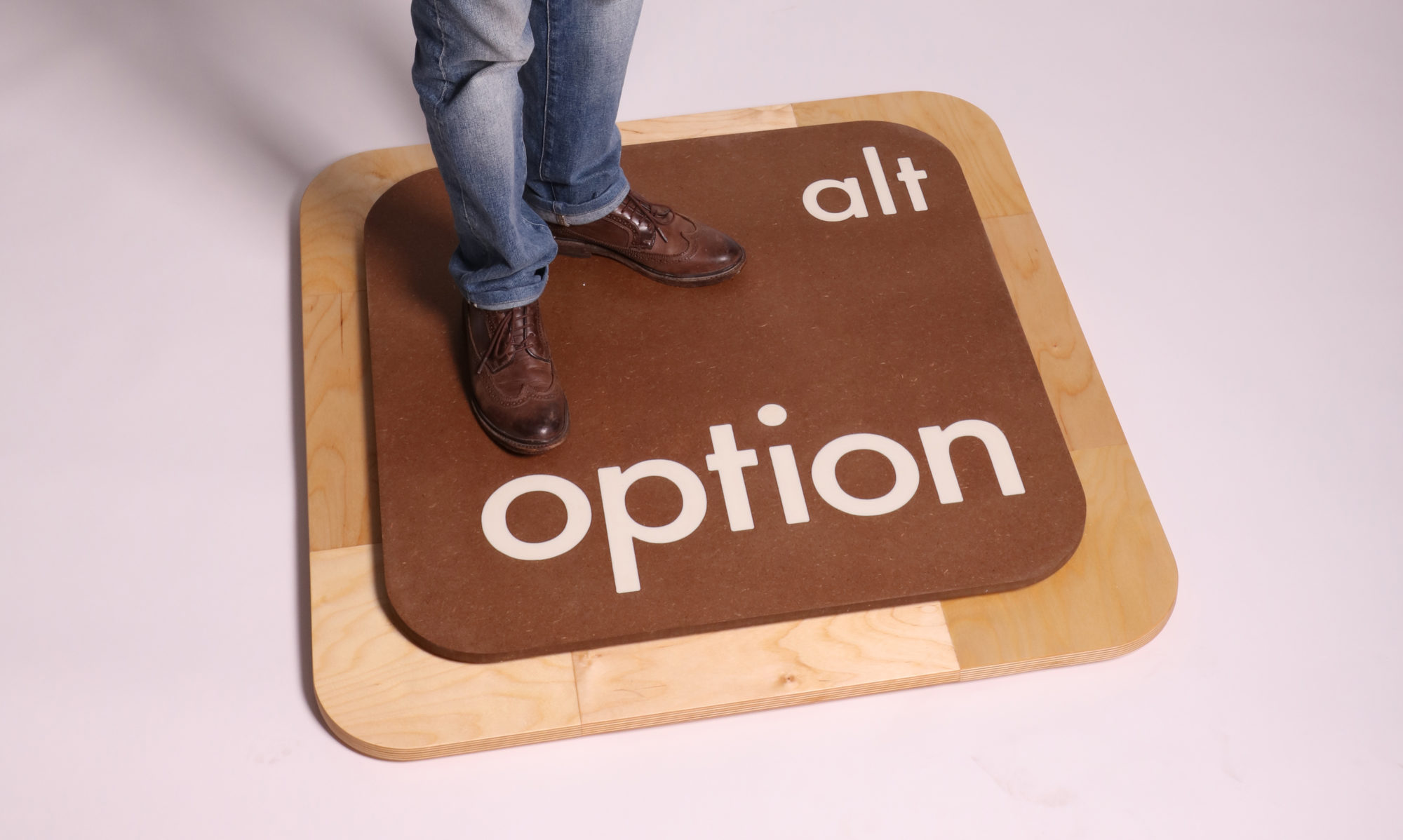The age of new media has greatly changed the definition of privacy. With almost everything being digitized in the current state of society, people have lost a great deal of privacy because others have access to their information. At the same time, though, people generally do not read terms and conditions and in doing so, blindly grant outside parties this access. People agree to the privacy policy and give up their rights to privacy when checking “I agree.” It is easy for companies to sneakily insert policies that give them permission to see and use information that, had people known these policies were in the terms and conditions, people would not have agreed to in the first place.
Take, for instance, the Patriot Act, which gave the government permission to take surveillance of emails, information on the Internet, and cell phones in an effort to combat terrorism. This brings to mind the kind of Big Brother state of society as expressed in George Orwell’s 1984, in which the government spies on its citizens. It begs the question: how far is too far? With the introduction and growth of Facebook, people have been confronted with the issue of sharing too much information that can be accessed by unwanted third parties. Facebook also secretly changed its privacy policy, and by default, a user’s information is shared with everyone.
Why would the default be to share information on Facebook with everyone? Most users would like to share with just their friends, yet Facebook does not account for this in their default settings. One would hope that companies have people’s best interests in mind when creating user experiences, and privacy is more than a mere preference; it is a right. It seems that new media, however, makes privacy more susceptible to being treated as an idealistic preference.
Ultimately, people value different information for different reasons. It is a personal decision to allow for certain pieces of information to be made available to others and in what ways they are available. It is plain to see that searches are monitored, for searching for a particular product on Amazon will later prompt an ad for that product when visiting a different website. In this way, companies are using data about our Internet habits to draw conclusions about us and act on it. The NSA also had access to people’s personal data, which shows just how many hands data can be put into without our knowledge.
“Terms and Conditions May Apply” prompted thought about what privacy means in the age of new media. Although Mark Zuckerberg justified some of his questionable actions by saying that he wanted to “create a more open society,” society does not necessarily want to be as open as he is suggesting. The idea of de-anonymizing private searches takes search tracking to a whole new level that prowls farther into our personal lives. Ultimately, privacy as we once knew it does not exist. Now, privacy means that perhaps some people do not have access to information, but there is a good chance that some others do.
